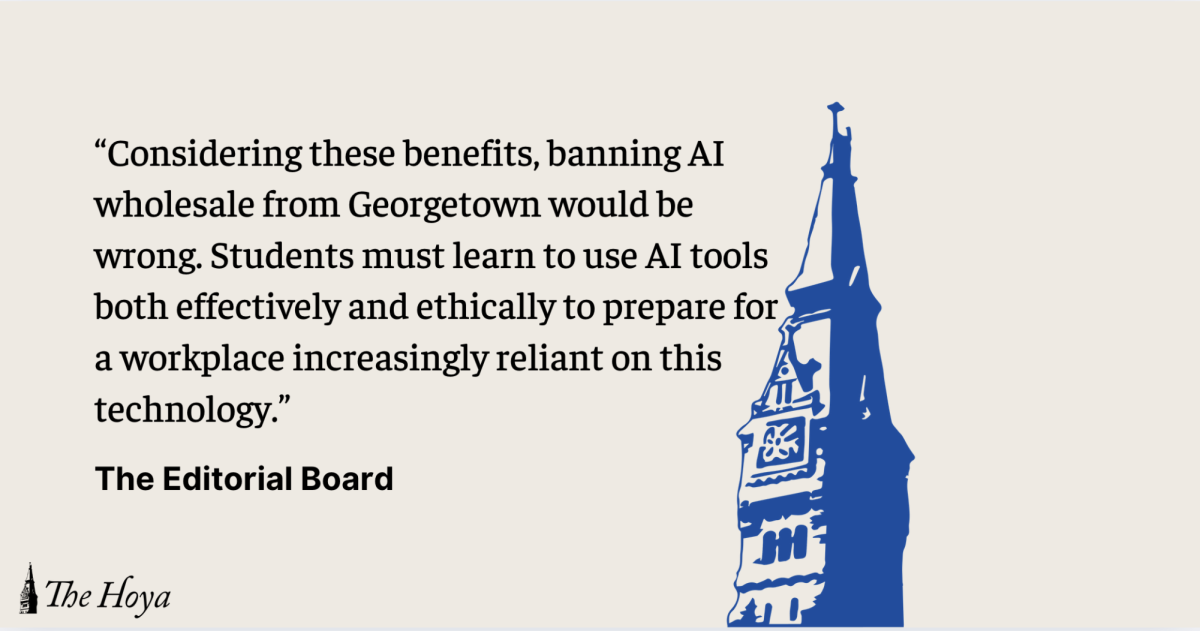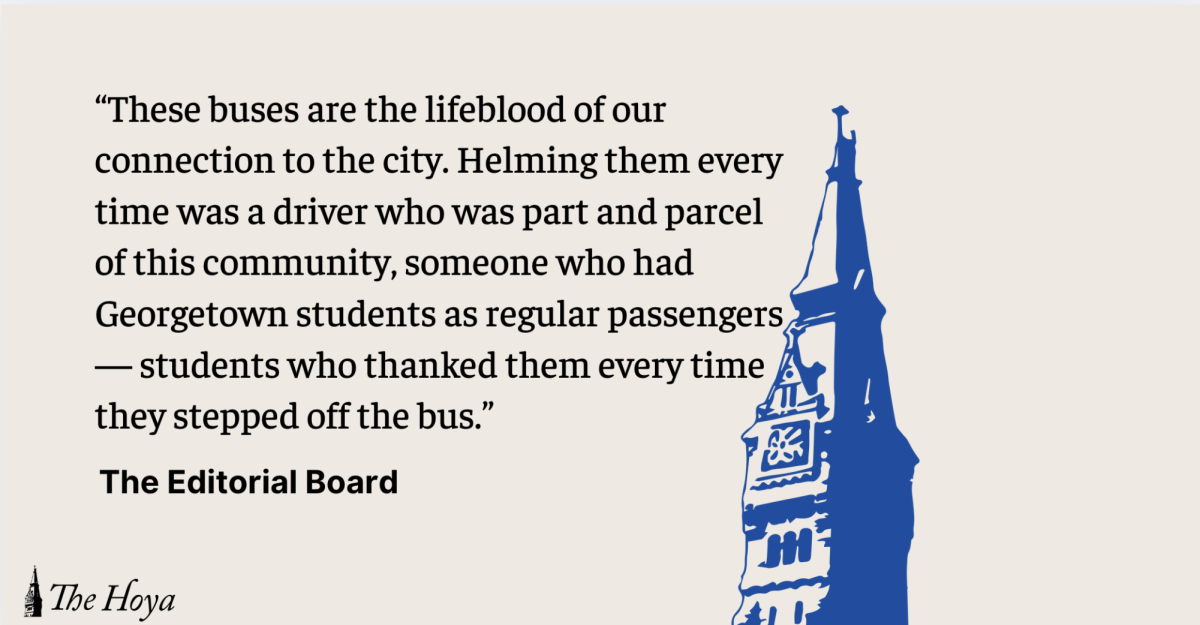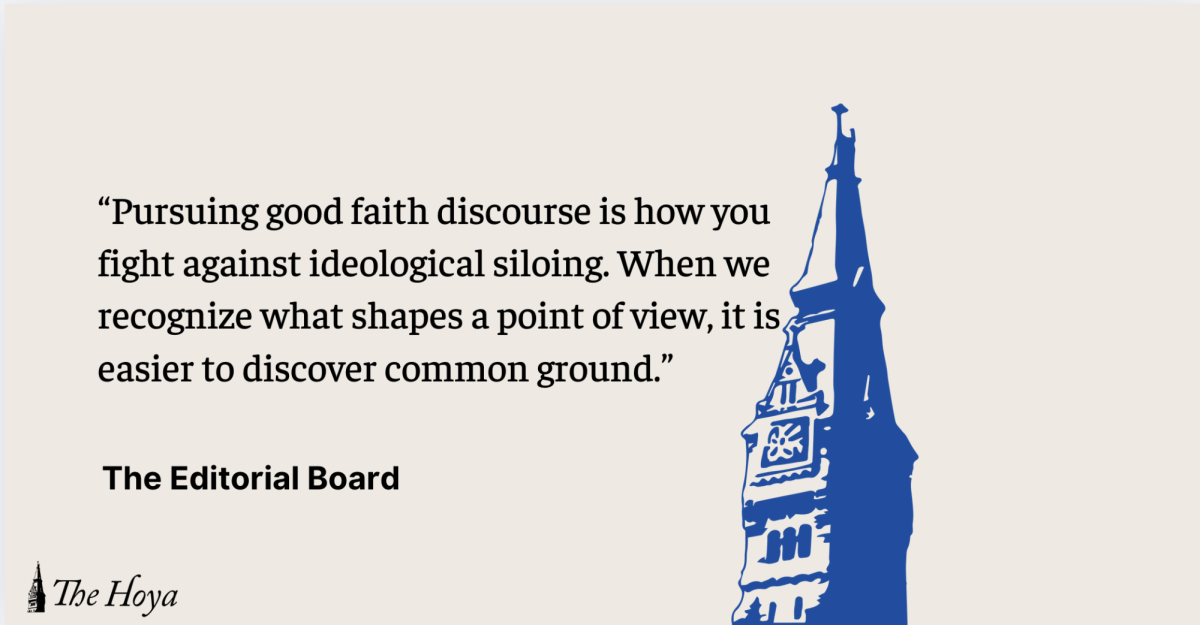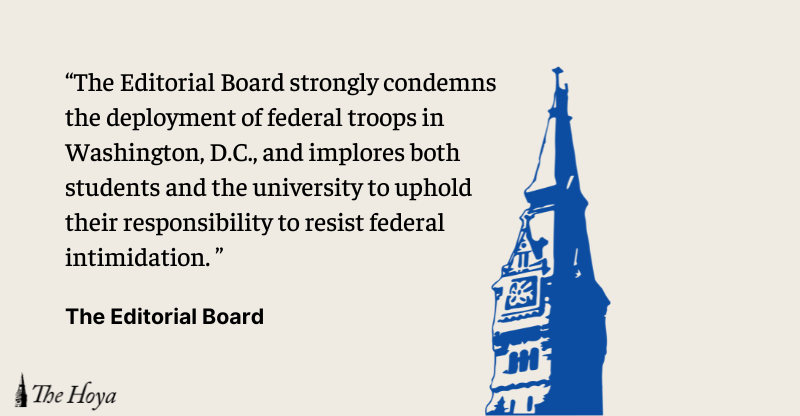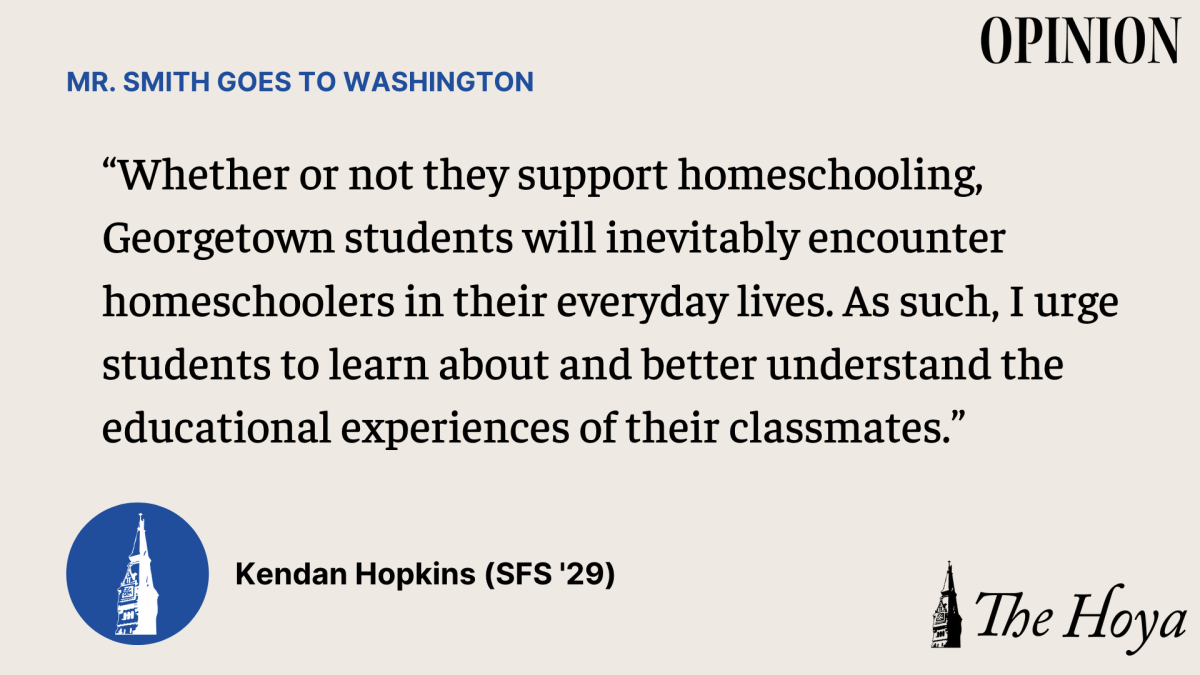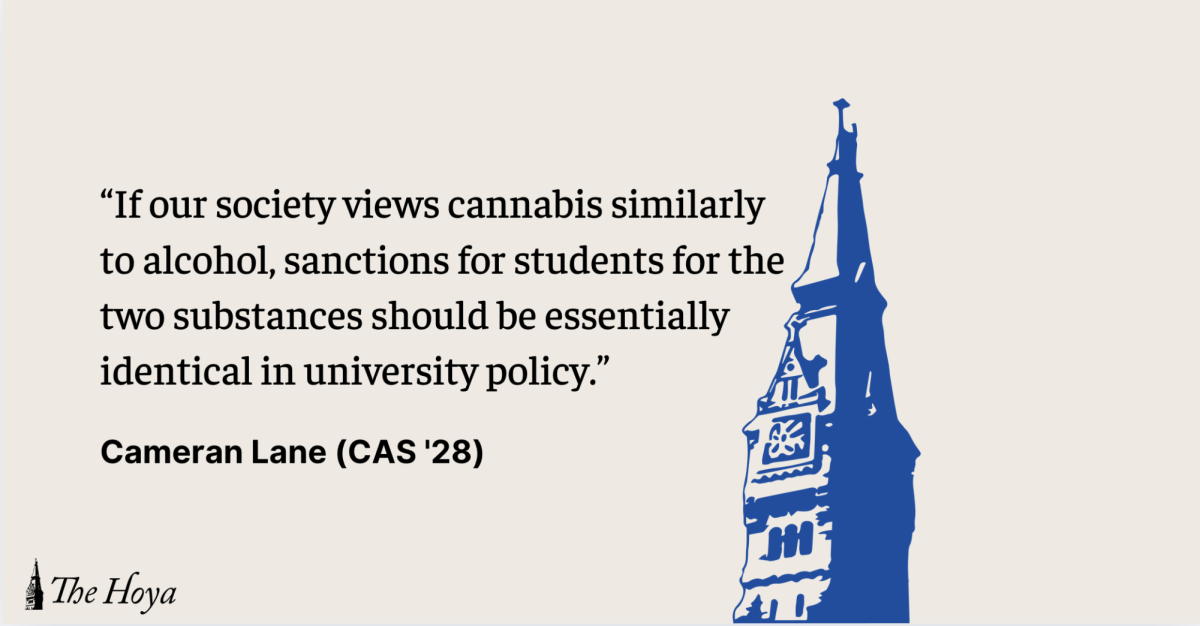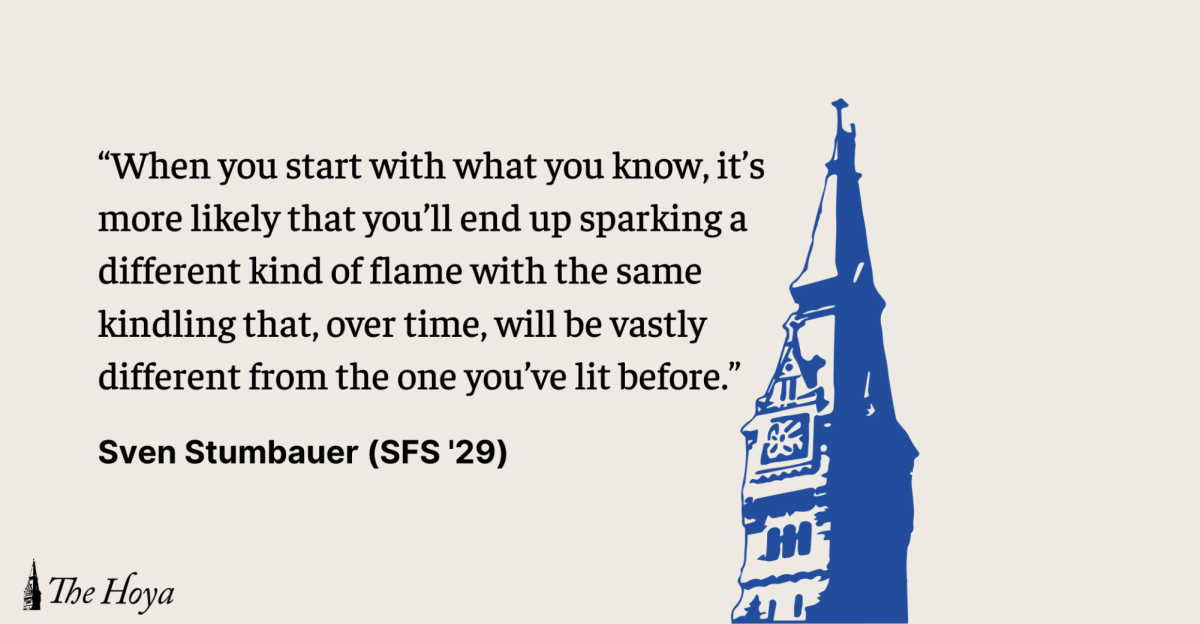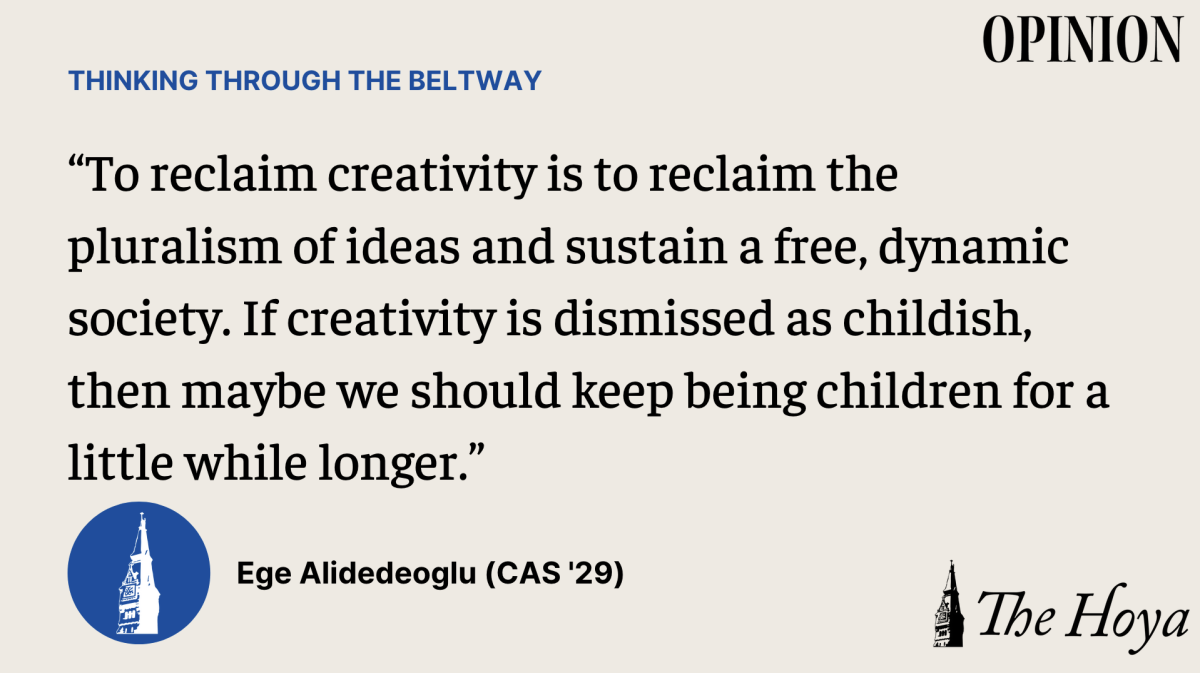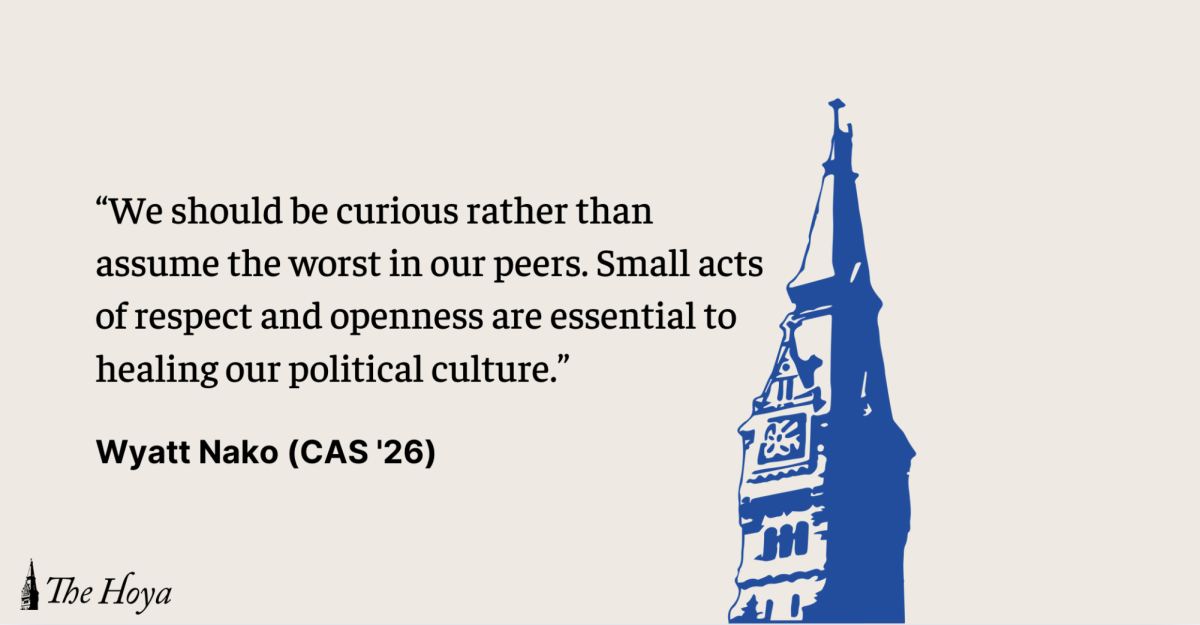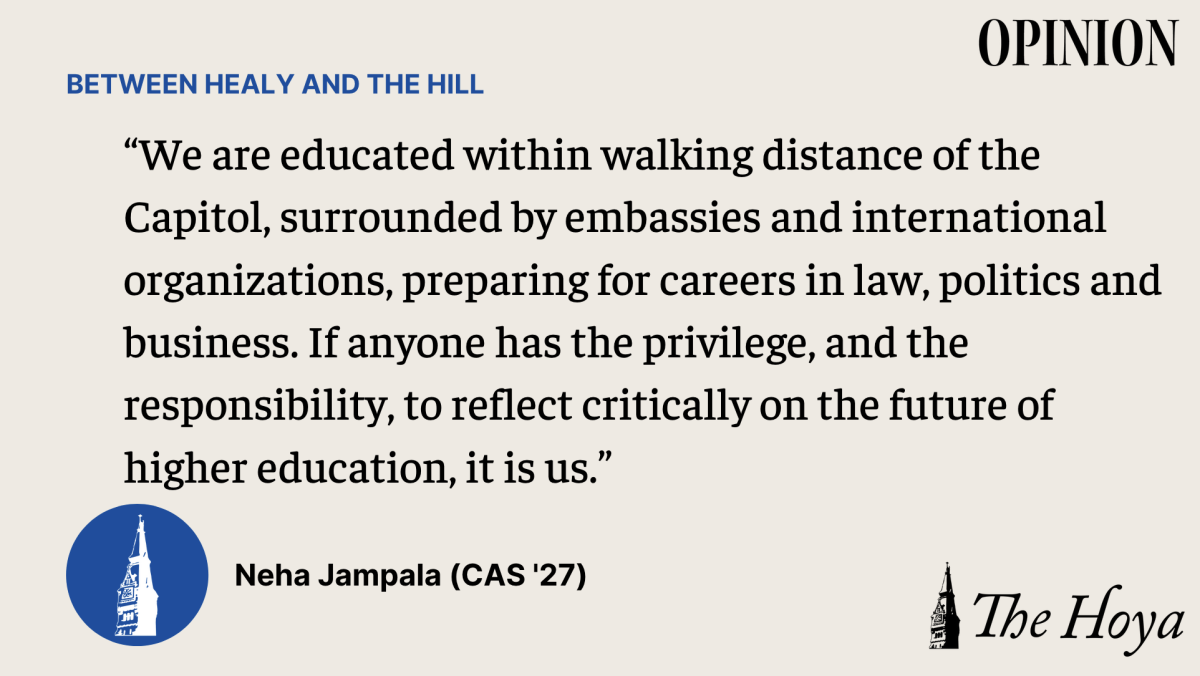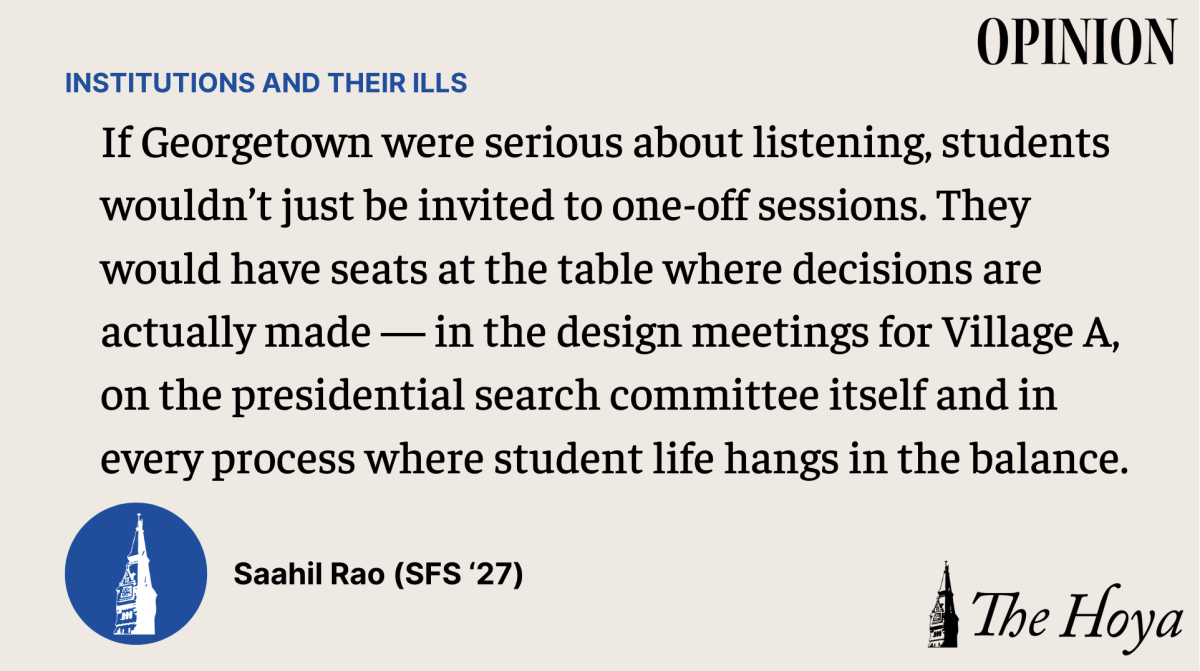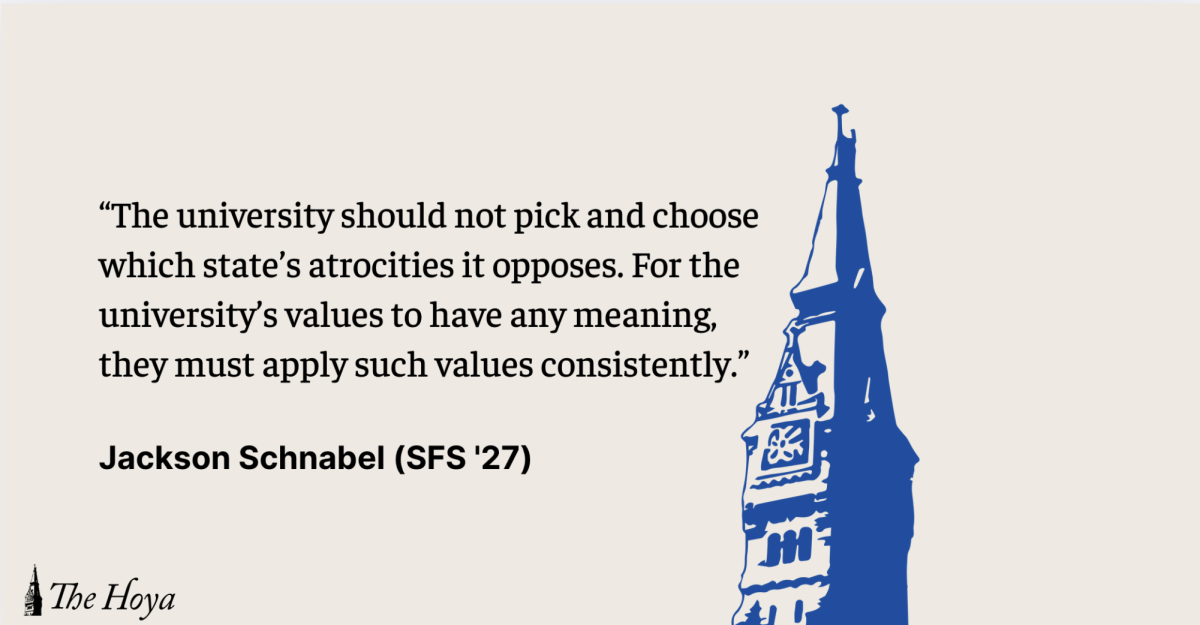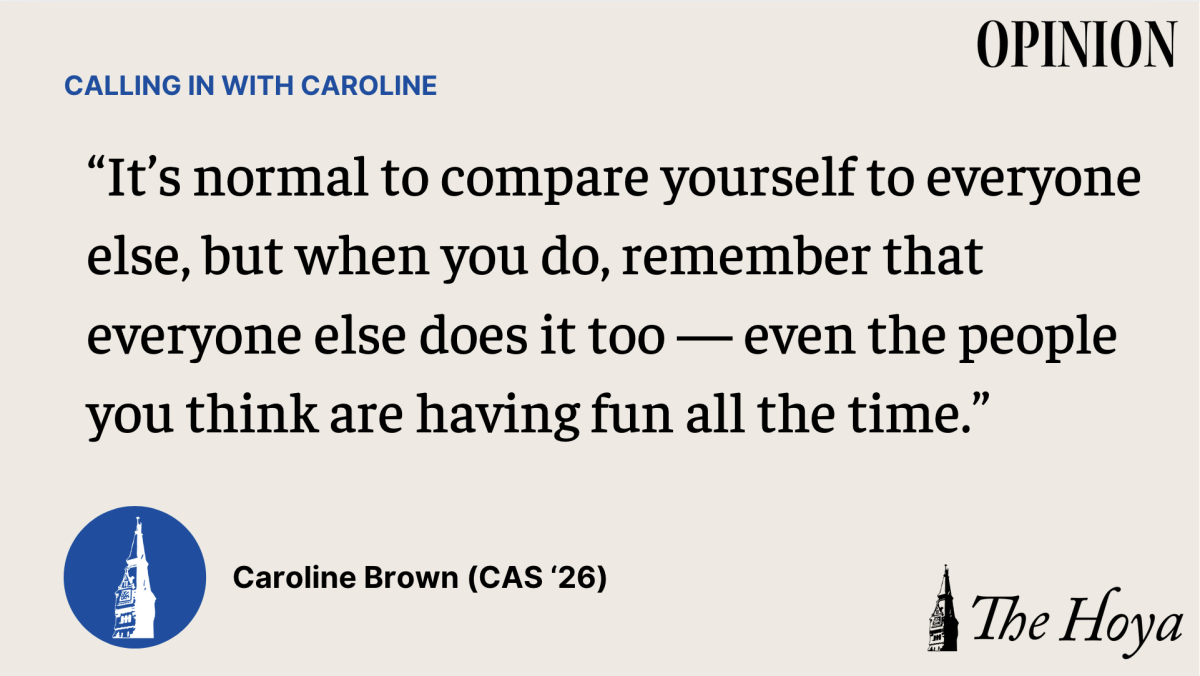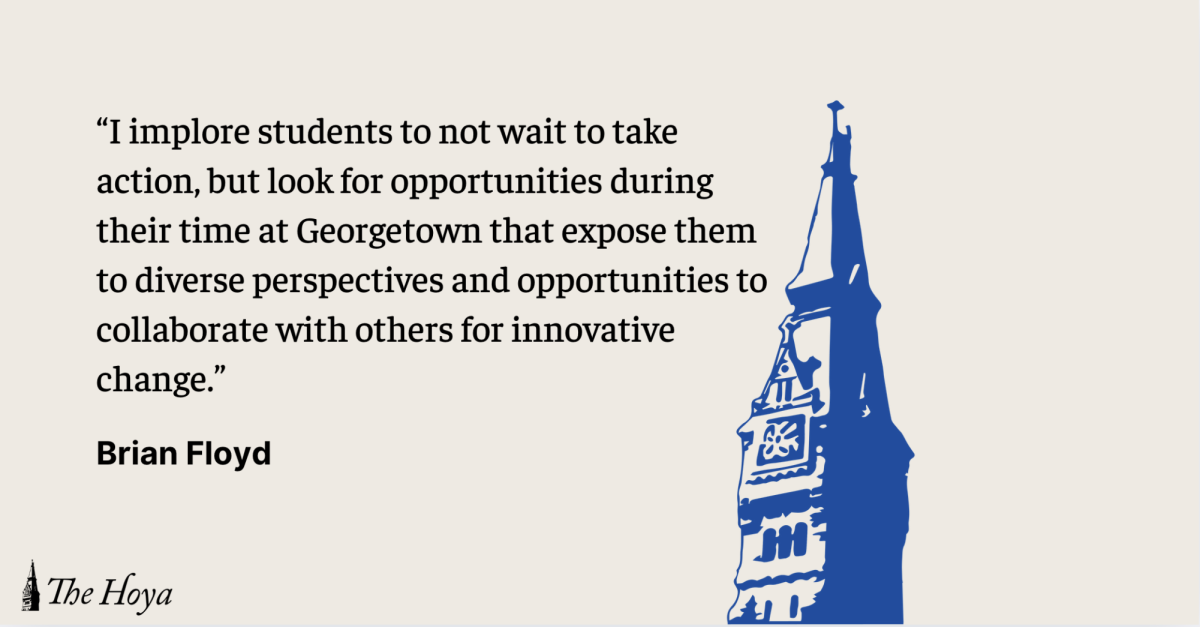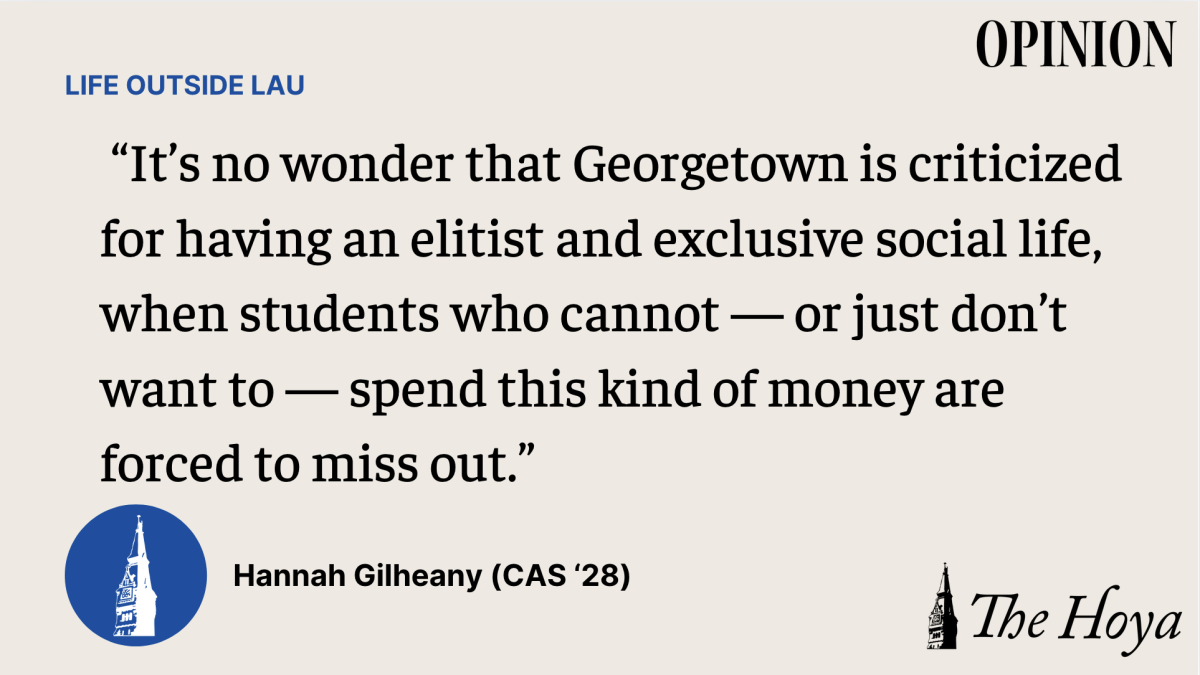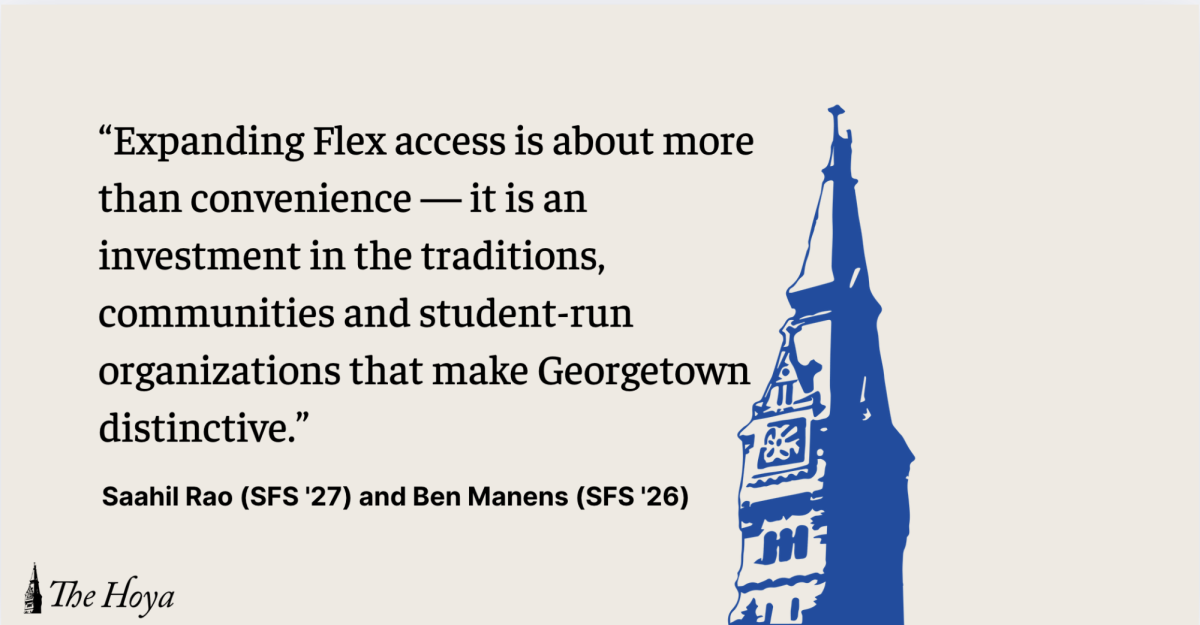Georgetown University’s continued refusal to take student voices seriously in its search process for a new university president is concerning and reflective of the disconnect between the university administration and students.
The issue of student representation in the presidential search process is not new: The Editorial Board has already argued that the presidential search committee is too detached from undergraduate campus life, given that it includes no students and only two professors who teach undergraduates. While the Board primarily recommended including students on the search committee, it was somewhat heartened by hearing from a university spokesperson that the committee would consider student input, including from listening sessions for students.
“Student perspectives, feedback and recommendations regarding Georgetown’s presidential search are valuable, and the search committee would appreciate hearing from any interested students. This feedback is treated as confidential and reviewed only by the presidential search committee,” the spokesperson wrote to The Hoya. “Student input will help to guide the development of the position profile and the search committee’s conversations with potential candidates.”
Yet the committee’s actions do not square with this sentiment. Of the 11 listening sessions the committee has scheduled, only one is reserved for undergraduates; to add insult to injury, undergraduate students have been assigned the last date and time block of all three days — 12:00 p.m to 1:00 p.m. Feb. 28, the Friday before spring break.
The Editorial Board urges the committee to do better and make a genuine effort to involve students in the selection of a president who will profoundly shape the university’s future. If the committee actually seeks student input as the Board hopes it does, it needs to offer students more opportunities to contribute their input rather than making superficial attempts to capture student voices.
Yash Agarwal (CAS ’27) said he was frustrated to learn the undergraduate listening session will occur while he is off campus.
“There needs to be more overall student representation in this process,” Agarwal told The Hoya. “But even so, the listening sessions should at least occur during times when students are actually on campus.”
Ethan Henshaw (CAS ’26) is the current president of the Georgetown University Student Association (GUSA), Georgetown’s student government. Henshaw said student input is necessary in the search process.
“It’s crucial that the university gets this decision right, and that simply won’t be possible without proper input from students,” Henshaw wrote to The Hoya. “Absent any binding legal issues or insurmountable logistical hurdles, I still believe there should be a student on the search committee, to make sure that our concerns are being addressed.”
Ultimately, the university’s decisions have undermined students’ ability to effectively participate in this search process. More concerning, there continues to be a disconnect between the university administration and student life, with little meaningful attention given to student needs.
Wisteria Hu (SFS ’27) said she feels detached from the president search process and believes student opinions will not have any real impact on the results — should they be heard at all.
“The timing of the listening session and the lack of effort to provide alternatives make it seem like student input is trivial to them, considering it’s the Friday before spring break, and I don’t know of anyone who can make it,” Hu wrote to The Hoya.
Students understand the university has multiple constituencies and stakeholders — from the Catholic Church and donors to graduates and faculty — to balance when selecting a new president. Still, given the next president will be able to change this campus and its students for years to come, the university must acknowledge student concerns and make a true effort to hear student voices. The presidential search committee is engaged in a crucial decision; de facto excluding one of this campus’ key stakeholders from providing input will only limit the committee.
Students are the beating heart of this campus. It is in the administration’s best interest to listen to their concerns. Failing to do so will only lead to ineffective university policies, a new president who cannot meaningfully address student needs and a growing divide between the administration and its student body for the future.
The Hoya’s Editorial Board is composed of six students and is chaired by the opinion editors. Editorials reflect only the beliefs of a majority of the board and are not representative of The Hoya or any individual member of the board.



